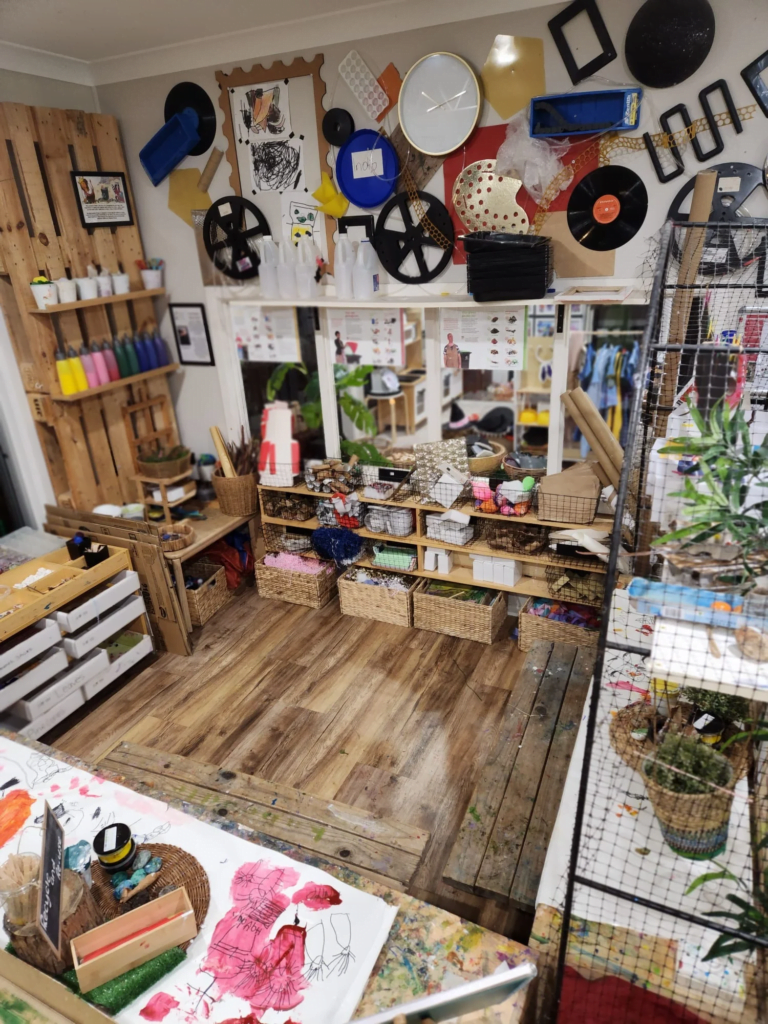In the realm of early childhood education, few approaches captivate the imagination quite like the Reggio Emilia approach. This innovative pedagogy has sparked sector interest for its unique perspective on nurturing young minds. At its heart lies the belief that children are competent, curious, and full of potential, deserving of environments that inspire exploration, creativity, and collaboration. At Stepping Stones we adopt the Reggio Emilia philosophy that the environment is the “third teacher,” alongside families and educators.
When you walk into our Reggio Emilia-inspired setting, you’ll likely notice a symphony of spaces carefully curated to provoke wonder and discovery. Rather than traditional rows of desks, our learning environments are a combination of cozy reading nooks, ateliers filled with art supplies, areas full of provocations and loose parts, and spaces for quiet reflection. Each space is intentionally designed to stimulate the senses and invite children to engage with their surroundings actively.
In Reggio Emilia-inspired settings such as ours, materials are not just tools for learning; they are messengers of possibility. From natural objects like shells and stones to recycled materials like bottle caps and cardboard, every item is chosen for its potential to spark inquiry and creativity. By offering a diverse array of materials, our educators encourage children to experiment, problem-solve, and express themselves in a myriad of ways.
In the spirit of collaboration, documentation plays a pivotal role in our Reggio Emilia-inspired learning environments. Through photographs, videos, and written reflections, our educators document children’s learning journeys, capturing moments of discovery, struggle, and triumph. This documentation serves not only as a record of growth but also as a form of dialogue between children, educators, and parents, inviting them to reflect on and co-construct knowledge together.
Unlike traditional, predetermined curricula, we embrace the concept of an emergent curriculum. Rather than following a strict set of lesson plans, our educators observe children’s interests, questions, and discoveries, using them as springboards for further exploration. This responsive approach honours children’s agency and empowers them to take an active role in shaping their learning experiences.

Our educators at SS are viewed as co-learners and facilitators rather than just instructors. With a deep respect for children’s capabilities, our educators guide and scaffold learning experiences, fostering critical thinking, communication, and collaboration skills. By listening closely, asking open-ended questions, and providing opportunities for reflection, our educators support children in making meaning of their experiences and constructing their understanding of the world.
At SS, our Reggio-Emilia inspired learning environments are rich in possibility and are carefully designed to empower children to become lifelong learners, confident communicators and active participants in their own growth and development.
